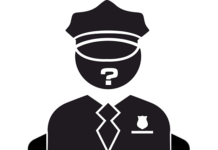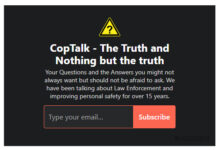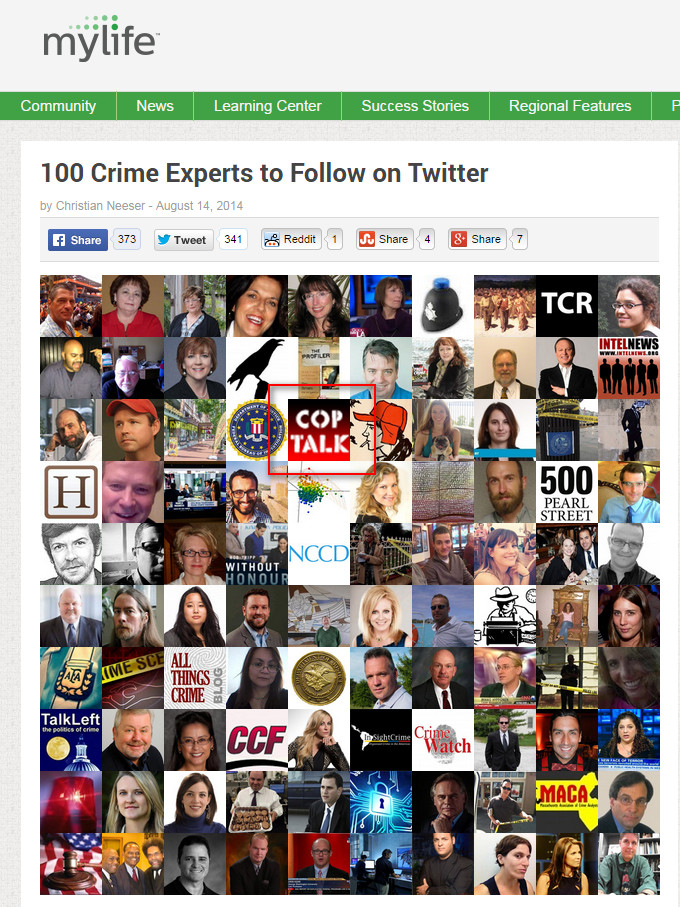I’m still seeing a lot of fake e-mails from scammers trying to lure people into disclosing their financial information. Not just the guy in Nigeria who wants to split $10,000,000.00 with you if you just send him "good faith" money, but e-mails from what appear to be genuine notices from major banks and credit unions. And some of these e-mails look extremely real. There are many scams on the internet from crooks trying to get peoples personal information and believe it or not, some people actually fall for these scams. If someone banks at Bank of America and they get an e-mail stating that their account will be frozen unless they update their personal information, some people actually enter their account numbers, PIN numbers, Social Security numbers, etc thinking that they are keeping their accounts active. What they are actually doing is providing a thief all the information they need to drain their bank account and open new accounts in their name. Identity theft is the fastest growing crime nationwide. And if you become a victim of identity theft, it takes years to try to straighten out your tarnished credit history. You could be the victim of identity theft and not know about it until your credit history is ruined. A few tips to avoid identity theft:
NEVER, NEVER give out personal information on the internet unless it’s a site you initiated, know and trust. Even then, most just ask for names, addresses and credit card info. Be leery of sites asking for name, date of birth, social security numbers and other personal information. I never give out my social security number unless it is absolutely necessary and I know and trust the company I am dealing with. Most companies have a contact phone number if you are unsure. Banks, credit unions etc will never ask you to update your personal information over the internet. Also be suspicious of phone calls threatening interruption to your phone or utility service unless you verify your personal information over the phone. If in doubt, call your bank or utility company to verify.
Get a copy of your credit report from the three major reporting agencies at least once yearly and verify that all the information is correct. You can get one free copy of your credit report each year by checking with the credit reporting agencies. There are also companies offering services that you can purchase which monitor your credit history and notify you whenever an inquiry is made to your accounts or new accounts are opened in your name.
NEVER give out your PIN number to anyone and do not write it on the back of your card or keep it in your wallet or purse. If someone finds it they can clean out your account. If you need to write the PIN number down to remember it, hide the PIN in a false phone number. (example: if your PIN number is 4419, write a number down such as 516-4419. It looks like a phone number to anyone else but you’ll know the last four digits are your PIN #. Cover the keypad numbers with your hands when entering the PIN number in a store, store clerks already has access to your credit card or ATM number; don’t let them see what your PIN is too.
If a purse or wallet is stolen or lost, report the loss to the credit card companies, banks and DMV immediately. A 2 hour delay can clean out your accounts. I once had a case where $20,000 was charged on various cards within 2 hours of a purse theft. Also report the loss to the local police department if credit cards and a driver’s license is stolen.
And back to what we originally spoke about, fake e-mails. I’ve seen these for Bank of America, Bank of the West, ebay, PayPal, Wells Fargo, several Credit Unions and many others. They send them out whether you actually bank at these establishments or not, hoping that it will reach some people that will actually fall for it. And they look EXTREMELY real because they use the company’s logos, graphics and other information. Most say there is suspicious activity on your account and your account has possibly been accessed by an unauthorized person. They say your account will be frozen unless you update and verify your personal information by clicking on a link and filling in the information. No matter how real they look DO NOT click on the link or put in your personal information. If in doubt, call your bank or account holder to report the suspicious e-mail. Many companies request that you forward the entire fake e-mail to their security departments.
I could go on for hours on the topic of identity theft and the nightmares it creates but just use common sense to protect your personal information. Check out the rest of our web-site for lots of FREE safety information. While your browsing our site, check out our book "Coptalk" to find out how to keep yourself and loved ones from becoming victims of crime. In this day and age, there is no Mayberry left. Protect yourself and keep yourself safe.
Mark
Coptalk.info








